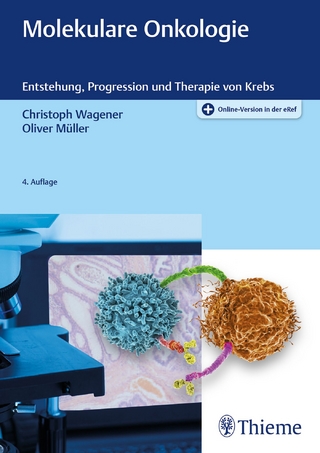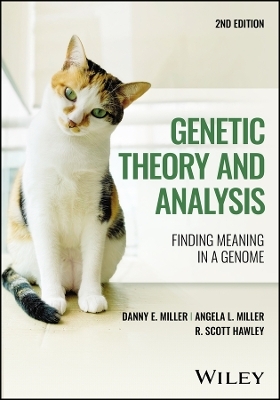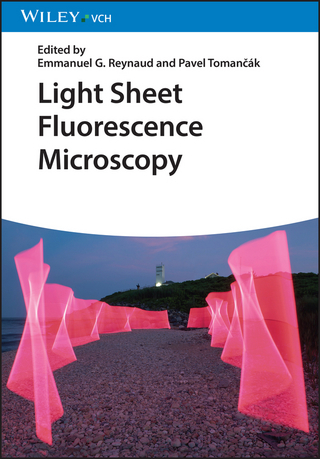
Ethics and Biomedical Engineering
CRC Press (Verlag)
978-1-032-56610-8 (ISBN)
- Noch nicht erschienen (ca. Januar 2025)
- Versandkostenfrei innerhalb Deutschlands
- Auch auf Rechnung
- Verfügbarkeit in der Filiale vor Ort prüfen
- Artikel merken
Ethics and Biomedical Engineering: Facing Global Health Emergencies connects biomedical engineering and ethics with regard to emergency contexts such as in low-income countries and the COVID-19 pandemic. It examines how the COVID-19 crisis exposed gaps in access to healthcare, ignited debates about resource allocation, and highlighted the importance of patient privacy.
The book presents case studies conducted in Africa and the role of the biomedical engineer (and more generally the scientist) during a pandemic or other health emergency. It also addresses the way in which the pandemic was addressed in low-income contexts and explores the issues between the universalism of human rights, ethical principles, and regulatory standards of biomedical devices in the context of emergencies. Finally, it also explains the need for an interdisciplinary approach between scientists, ethicists, and policymakers to improve outcomes in the future.
The book is intended for undergraduate and graduate students in bioengineering It will also be useful for policy makers and medical professionals who could be faced with ethical dilemmas in times of crisis.
Prof. Leandro Pecchia is Chair of Biomedical Engineering at the University Campus Bio-Medico in Rome, Italy and the Rector Delegate for Internationalization and Sustainable Development Goals. In 2021, the Italian Minister of Health appointed him as one of the three medical device experts of the Technical and Clinical Committee of the Ministry of Health. From 2020 to September 2023, he worked as Innovation Manager for the World Health Organization (WHO), Emergency program (WHE) Infection Prevention and Control (IPC) unit. Prof. Pecchia has authored more than 200 peer-reviewed papers in journals, books and conferences in the fields of artificial intelligence, medical devices, biomedical signal processing, health technology assessment, Internet of Things and machine learning applied to active and healthy ageing and management of chronic diseases. Prof. Pecchia is the Secretary General of the International Federation of Medical and Biological Engineering, an NGO with official relations with the WHO, and the Past President of the European Scientific Society of Biomedical Engineering. Dr. Alessia Maccaro is Research Fellow in Moral Philosophy and Bioethics for the School of Engineering of the University of Warwick, UK. She is an expert in interdisciplinary research in the ethical and regulatory aspects of healthcare technologies, in particular in low resource settings and in emergency situations such as pandemics. Currently she co-leads a work package on the pilot management for the Horizon 2020 ODIN Project on Smart Hospitals. She obtained the National Academic Qualification as Associate Professor of Moral Philosophy for the SS M-FIL/03 in 2020. She is member of several professional bodies, including the Italian Society of Moral Philosophy (SIFM) and Interuniversity Center of Bioethical Research (CIRB - University of Naples Federico II), and she is member of Scientific Advisory Board of the Laboratory “Ethics, Bioethics and Citizenship” (EBC), University of Naples Federico II. Dr. Kallirroi Stavrianou is an experienced Postdoctoral Researcher with a demonstrated history of working in the higher education industry and skilled in medical devices, health technology assessment and health technology management. She is a strong research professional with a Doctor of Philosophy (PhD) and MSc focused on Clinical Engineering and a Bachelor’s degree in Physics from the University of Patras. She is the manager of the Global Clinical Engineering Alliance and Global Clinical Engineering Journal, board member of the Clinical Engineering Division of IFMBE, former member of the Health Technology Assessment Division of IFMBE and chairs the IFMBE Publicity Committee. Dr. Stavrianou is also a member of the Hellenic Society for Biomedical Technology (ELEVIT).
Chapter 0- Introduction
Chapter 1- Biomedical engineering and ethics face Covid-19 pandemic
Chapter 2- Cases studies in Low Resource Settings
Chapter 3- Ethics and Regulation
Chapter 4- Building a Stronger Europe: EAMBES’ Role in Healthcare Resilience and Sustainability
Chapter 5- Conclusions
| Erscheint lt. Verlag | 31.1.2025 |
|---|---|
| Zusatzinfo | 7 Tables, black and white; 16 Line drawings, black and white; 16 Illustrations, black and white |
| Verlagsort | London |
| Sprache | englisch |
| Maße | 156 x 234 mm |
| Themenwelt | Schulbuch / Wörterbuch |
| Medizin / Pharmazie ► Medizinische Fachgebiete ► Biomedizin | |
| Naturwissenschaften ► Biologie | |
| Wirtschaft ► Volkswirtschaftslehre | |
| ISBN-10 | 1-032-56610-8 / 1032566108 |
| ISBN-13 | 978-1-032-56610-8 / 9781032566108 |
| Zustand | Neuware |
| Haben Sie eine Frage zum Produkt? |
aus dem Bereich


